Registration Number: 4-HDT6I24
Specialist Disability Accommodation (SDA) and Supported Independent Living (SIL) are pivotal elements of the National Disability Insurance Scheme (NDIS), offering a beacon of hope for individuals with significant disabilities to attain more independence and control over their living arrangements. This article aims to demystify SIL housing and SDA services, highlighting the critical role these provisions play in enhancing disability housing assistance and facilitating easy transitions for those in need.
Our focus will be on unfolding the intricacies of Transition support, exploring the spectrum of Care provider solutions, and understanding how AB Nurses can effectively assist in the seamless transition into SDA and SIL environments. By offering a roadmap of professional support, we aspire to maximise independence for individuals empowered by the NDIS, paving the way for a more inclusive and supportive future.
Understanding SIL and SDA
Supported Independent Living (SIL) and Specialist Disability Accommodation (SDA) are integral components of the National Disability Insurance Scheme (NDIS), designed to support individuals with disabilities in living more independently and safely. Here, we delve deeper into what SIL and SDA entail and how they function to enhance the lives of participants.
SIL: Enhancing Daily Independence
SIL focuses on providing necessary support for daily tasks, promoting skill development and community participation. It is tailored to help individuals manage personal care, household chores, and medical needs, fostering an environment where they can achieve greater autonomy. Funding for SIL typically comes from the core support budget of an NDIS plan, emphasising the importance of continuous personal growth and independence in daily living.
SDA: Specialised Housing Solutions
SDA addresses the need for specialist housing solutions, offering homes that are designed or modified to support individuals with significant functional impairments or high support needs. This accommodation might include features like wheelchair accessibility, hoist systems, and customised spaces conducive to the use of specialist medical equipment. SDA funding, separate from SIL, primarily covers the costs associated with the housing itself and is paid directly to the providers, ensuring that the residences meet the specific needs of their occupants.
Coordination between SIL and SDA
The interplay between SIL and SDA is crucial for providing a comprehensive support system. While SIL covers the support services enabling daily independence, SDA ensures the physical living space is suited to the participant's needs. Together, they allow individuals to not only live in a space that is physically accommodating but also receive the support needed to engage actively with their community and personal development. This dual approach facilitates a higher quality of life and more substantial independence for those with disabilities, underpinned by the NDIS's commitment to fostering inclusive communities.
The Role of Nursing Professionals in SIL and SDA Transition
Nursing professionals are pivotal in facilitating the transition for individuals with disabilities into Supported Independent Living (SIL) and Specialist Disability Accommodation (SDA) environments. They provide essential support by assisting with daily living activities such as cooking, cleaning, and managing finances. This hands-on support extends to healthcare management, where nurses help with medication administration and coordinate with other healthcare providers to ensure comprehensive care.
Key Responsibilities of Nursing Professionals
Access to Housing and Support Services: Nurses assist participants in finding suitable SIL and SDA housing options within the community, utilising tools like the SDA vacancy finder.
Daily Living and Healthcare Support: They offer supervision and assistance with daily tasks and personal care, ensuring that individuals receive the necessary support to live independently.
Development of Care Plans: In collaboration with other professionals and family members, nurses help develop and implement personalised care plans that address each individual's unique needs in their new living environments.
Nurses play a crucial role in the seamless transition of individuals into these accommodations, working closely with families and other care providers to optimise the care and support provided. Their involvement is essential in not only addressing the immediate needs of individuals but also in fostering long-term independence and quality of life in SIL and SDA settings. This comprehensive approach ensures that all aspects of the individual's well-being are considered and supported during the transition phase.
Navigating the Challenges: AB Nurses' Approach
New nursing graduates often grapple with the responsibility of performing numerous procedures independently, which underscores the need for robust support systems. Preceptor support, crucial for these early stages, has shown positive relationships with skills such as organising, prioritising, and leadership, all vital for professional and job satisfaction. To enhance this support, it's essential that we focus on comprehensive training programs that not only cover technical skills but also foster professional relationships and communication abilities within the nursing community.
The transition to SIL and SDA settings can be daunting due to several factors like inadequate preparation, insufficient staff training, and a lack of professional relationships. These challenges are compounded by severe staff shortages and inadequate welfare services, such as insufficient rest and refreshment facilities, which hinder effective coping mechanisms during transitions. It’s imperative for management to ensure that nurses are well-supported through these transitions, with good communication and adequate resources to handle the demands of their roles.
To prevent participants from entering unsuitable residential aged care, it's crucial to identify those at risk early. Engaging with the NDIA's YPIRAC team can provide necessary support in exploring suitable home and living options. Additionally, support coordinators play a pivotal role in connecting participants in residential aged care with age-appropriate alternatives, ensuring that transitions are as smooth as possible. With the cost of AB nursing services covered by the NDIS for eligible individuals, it becomes more feasible to provide the necessary support, ensuring that transitions into SIL and SDA are handled with the utmost care and professionalism.
Maximising Independence Through Professional Support
Personalised Support Plans
To maximise independence through SIL, it's crucial that participants engage with providers who not only understand their unique needs but also share their values and goals. This alignment is essential for fostering an environment where participants can thrive. Collaboration between participants and providers ensures that support plans are not only comprehensive but also personalised, addressing specific daily activities, skill development, and community participation.
Choosing the Right SIL Provider
Selecting the right SIL provider involves careful consideration of several factors. Participants should evaluate the provider's reputation, the qualifications and expertise of their staff, and the flexibility of the services offered. Most importantly, the provider should align with the participant's personal goals and values, which is fundamental to ensuring that the support received is tailored and effective. This careful selection process empowers participants to take control of their living arrangements and the support they receive.
The Role of Support Coordination Services
Support Coordination services play a pivotal role in helping individuals understand and maximise their SIL and SDA supports. Providers like Auscare Support offer specialised assistance in navigating these options, ensuring that participants make informed decisions about their accommodations and the type of support they require. This guidance is invaluable as it helps participants to not only understand the intricate details of their entitlements under the NDIS but also to effectively implement them to enhance their independence and quality of life.
Through this exploration of Specialist Disability Accommodation (SDA) and Supported Independent Living (SIL) within the National Disability Insurance Scheme (NDIS), we have uncovered the transformative potential of these services for individuals with disabilities, emphasising the importance of personalised support and professional nursing involvement. The seamless integration of SIL and SDA services not only enhances the autonomy and quality of life for those under our care but also reinforces the pivotal role of AB Nurses in navigating these transitions. By acknowledging the challenges and implementing robust support strategies, professionals are equipped to ensure that individuals can thrive within their chosen living environments, fostering greater independence and community participation.
The journey towards maximising independence through SIL and SDA is a collaborative effort, requiring meticulous planning, personalised care, and the selection of compatible service providers. By focusing on the alignment of services with the participant's goals and needs, we foster an environment where individuals are not just accommodated but truly supported in leading fulfilling lives. The implications of this support extend far beyond the individuals, impacting the broader fabric of our communities by advocating for inclusive, supportive living arrangements for all. In moving forward, the continued dedication of nursing professionals and care providers in navigating these services will remain essential in realising the vision of a more inclusive and empowering future for those with disabilities.



Contact Us
Phone No:
Our location:
2/11 John Street, Pakenham VIC 3810
For general enquiries:
info@abnurses.com.au
Services
Disability Services
In Home Disability Support
Nursing Services
Aged Care Nursing
Personal Care Assistant
24 Home Care Services
Wheelchair With Van for Community Access


